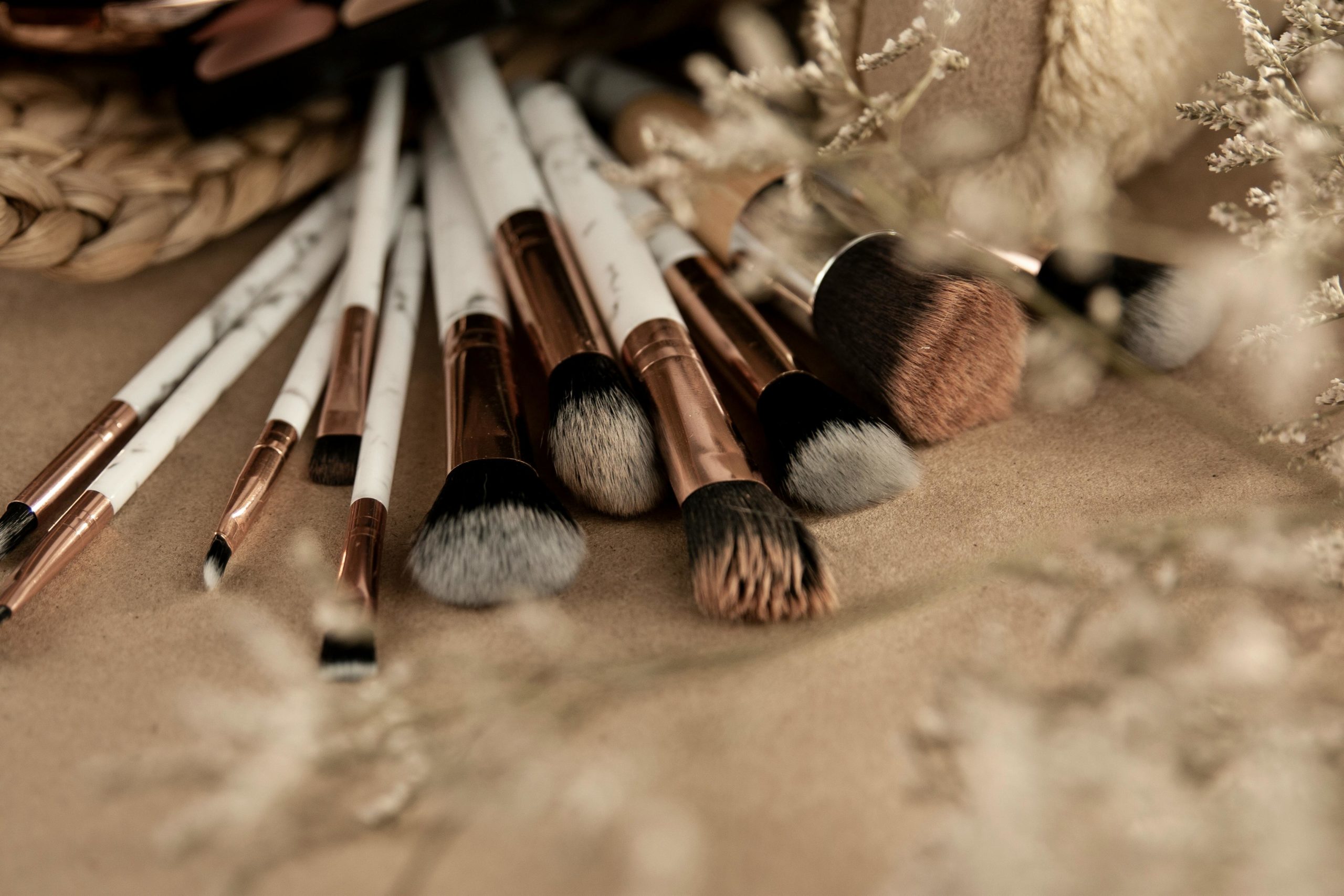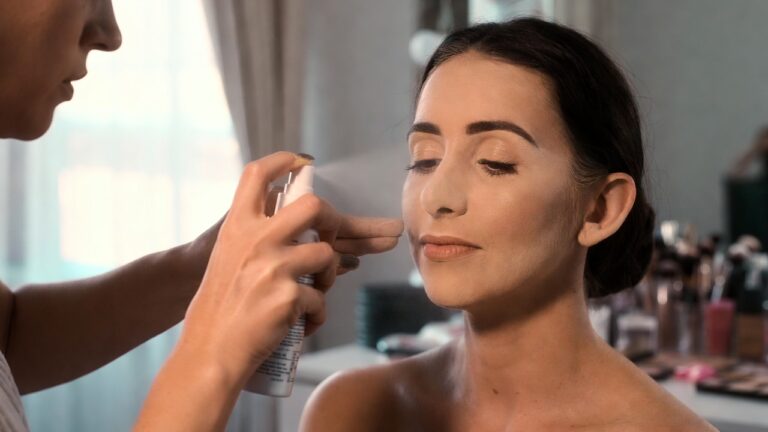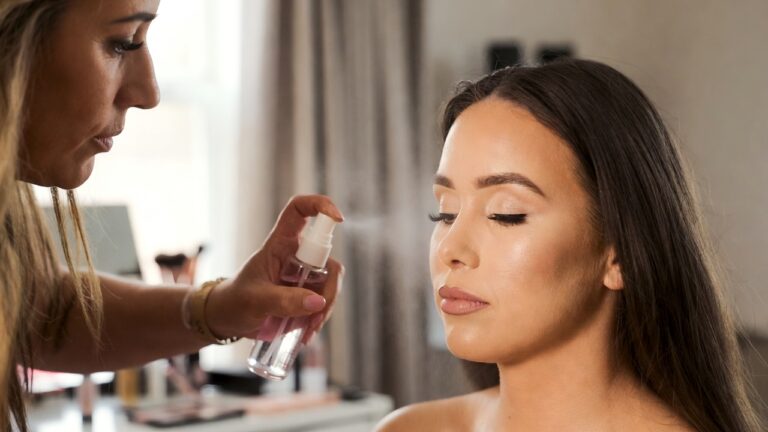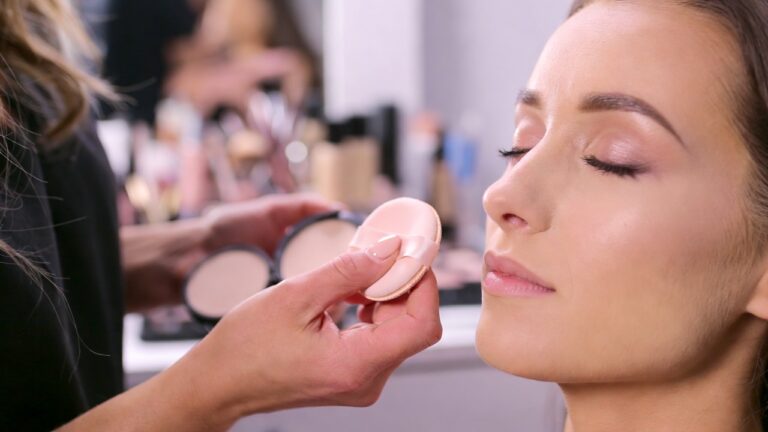Makeup brushes are an essential tool in every beauty lover’s arsenal, helping to achieve flawless makeup application with ease. However, many people overlook the importance of regularly cleaning their brushes, leading to a buildup of dirt, oil, and bacteria. Not only can dirty brushes compromise the effectiveness of your makeup, but they can also wreak havoc on your skin, causing breakouts, irritation, and even infections.
In this comprehensive guide, we’ll explore the critical reasons why cleaning your makeup brushes regularly is essential for maintaining healthy skin and flawless makeup application. We’ll also provide practical tips and techniques to help you keep your brushes clean and prolong their lifespan, ensuring that you always look and feel your best.
1. Prevents Bacterial Buildup
One of the most crucial reasons to clean your makeup brushes regularly is to prevent the buildup of bacteria. Every time you use your brushes, they come into contact with oils, dead skin cells, and leftover makeup, creating the perfect breeding ground for bacteria.
If left unchecked, these bacteria can transfer onto your skin, leading to breakouts, acne, and other skin irritations. By cleaning your brushes regularly, you can eliminate bacteria and reduce the risk of skin problems, keeping your complexion clear and healthy.
2. Maintains Makeup Performance
Dirty makeup brushes can also compromise the performance of your makeup products. When brushes are caked with old makeup and debris, they become less effective at picking up and distributing product evenly. This can result in patchy makeup application, streaky foundation, and uneven blending. By cleaning your brushes regularly, you ensure that they remain in optimal condition, allowing you to achieve smooth, seamless makeup looks every time.
3. Extends Brush Lifespan
Regular cleaning not only benefits your skin and makeup application but also extends the lifespan of your brushes. The buildup of product residue, oil, and bacteria can cause bristles to become stiff, brittle, and prone to shedding.
Additionally, neglecting to clean your brushes can lead to damage such as fraying or breakage, reducing their effectiveness and longevity. By incorporating regular cleaning into your beauty routine, you can prolong the lifespan of your brushes, saving you money in the long run and ensuring that your brushes perform their best for years to come.
4. Improves Makeup Application
Clean brushes are essential for achieving flawless makeup application. When brushes are free from buildup and debris, they can pick up and deposit makeup products more effectively, resulting in smoother, more precise application.
Clean brushes also allow for better color payoff, ensuring that your eyeshadows, blushes, and bronzers appear vibrant and true to color. Whether you’re creating a natural everyday look or a dramatic evening glam, clean brushes are essential for achieving professional-quality results.
5. Prevents Cross-Contamination
Using dirty brushes can lead to cross-contamination of makeup products, particularly if you’re using the same brushes for different products or sharing brushes with others. For example, using a brush that’s been contaminated with the foundation to apply eyeshadow can transfer oils and bacteria onto your delicate eye area, leading to irritation and infection.
By cleaning your brushes regularly and avoiding sharing brushes whenever possible, you can reduce the risk of cross-contamination and protect the health of your skin.
Conclusion
Regularly cleaning your makeup brushes is essential for maintaining healthy skin, prolonging the lifespan of your brushes, and achieving flawless makeup application. By eliminating bacteria, preserving makeup performance, and preventing cross-contamination, clean brushes ensure that your skin remains clear and radiant, and your makeup looks flawless every time. Incorporate cleaning your brushes into your beauty routine, and enjoy the benefits of healthy, beautiful skin and makeup that looks and feels its best.
Frequently Asked Questions (FAQs)
1. How often should I clean my makeup brushes?
Ideally, you should clean your makeup brushes at least once a week, especially brushes used for liquid or cream products like foundation and concealer. Brushes used for powder products like eyeshadow and blush can be cleaned every two weeks. However, if you have acne-prone or sensitive skin, consider cleaning your brushes more frequently to prevent bacterial buildup.
2. What is the best way to clean makeup brushes?
The best way to clean makeup brushes is to use a gentle cleanser or brush shampoo and lukewarm water. Wet the brush bristles, apply a small amount of cleanser, and gently massage to lather. Rinse thoroughly, reshape the bristles, and lay the brushes flat to dry. Avoid submerging the entire brush in water, as this can loosen the glue that holds the bristles together and cause shedding.
3. Can I use household products to clean my makeup brushes?
While some household products like gentle dish soap or baby shampoo can be used to clean makeup brushes in a pinch, it’s best to use products specifically formulated for brush cleaning. These products are designed to effectively remove makeup residue, oil, and bacteria without damaging the bristles or compromising brush performance.
4. How do I dry makeup brushes properly after cleaning?
After cleaning your makeup brushes, reshape the bristles and lay them flat on a clean towel to dry. Avoid standing brushes upright to dry, as water can seep into the ferrule (the metal part that holds the bristles) and cause damage. Allow brushes to air dry completely before using them again, and avoid using heat or direct sunlight to speed up the drying process, as this can damage the bristles.
5. Is it necessary to invest in expensive brush cleaning tools?
While there are many brush cleaning tools available on the market, such as brush cleaning mats or electronic brush cleaners, they are not necessary for effectively cleaning your brushes. A gentle cleanser or brush shampoo, lukewarm water, and your hands are all you need to clean your brushes thoroughly. However, if you find that investing in brush cleaning tools makes the process more convenient or enjoyable, they can be a worthwhile investment.



